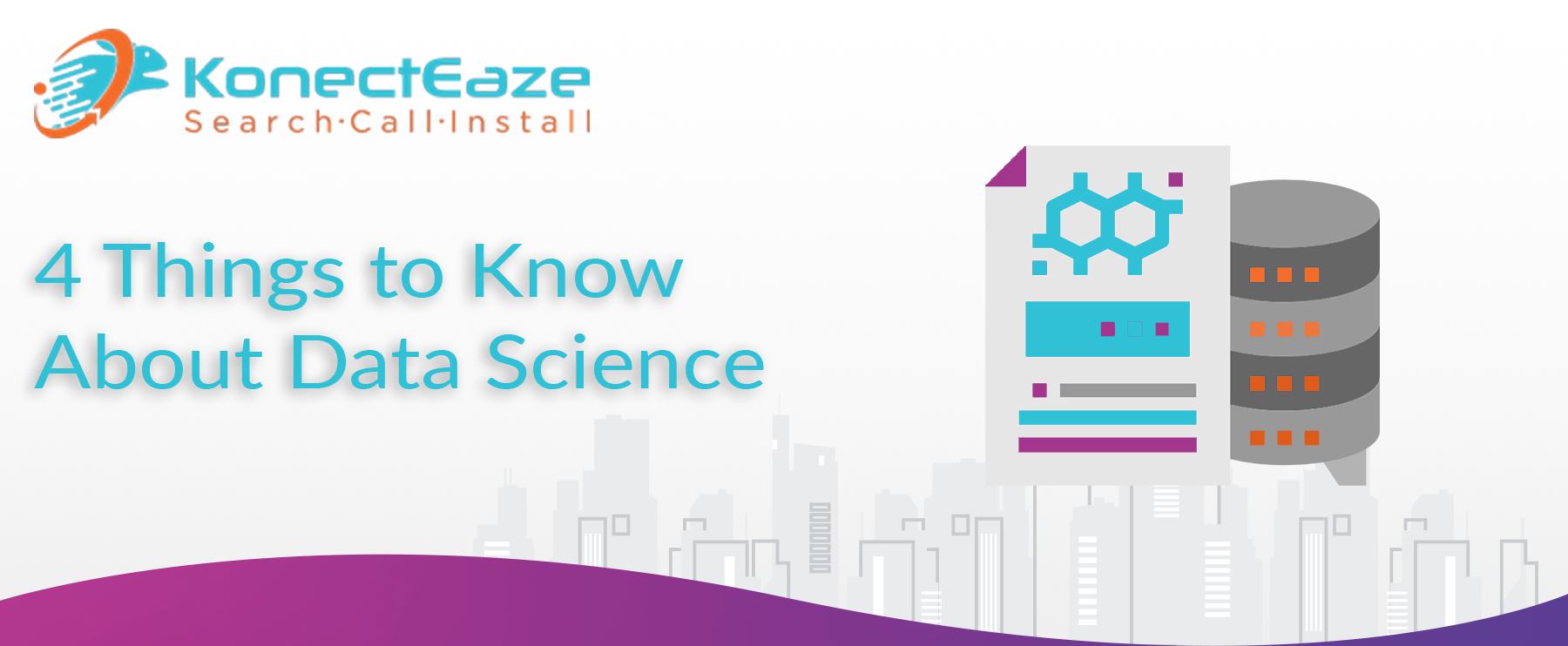4 Things to Know About Data Science
Data science is a growing field with rich opportunity. But what is it? And how can it be applied to nearly eveyr industry?

4 Things to Know About Data Science in 2024
Data science continues to evolve, offering new insights and driving innovation across various industries. As we move further into 2024, here are four key aspects of data science that you should be aware of:
1. The Growth of Automated Machine Learning (AutoML)
Automated Machine Learning (AutoML) is revolutionizing the data science field by simplifying the process of building machine learning models. AutoML tools enable even those with limited data science expertise to develop sophisticated models, making data science more accessible. Companies are increasingly adopting AutoML solutions to accelerate their analytics and decision-making processes.
2. Increased Focus on Ethical AI
As the use of AI and machine learning grows, so does the importance of ethical considerations. Data scientists are now more focused on ensuring that AI systems are fair, transparent, and accountable. This involves addressing biases in data, ensuring privacy, and creating models that can be easily explained. Ethical AI is becoming a cornerstone of responsible data science practices.
3. The Role of Data Science in Personalization
Personalization is a significant trend in various sectors, from e-commerce to healthcare. Data science plays a crucial role in analyzing customer data to provide personalized experiences. Advanced algorithms and machine learning models help businesses tailor their products, services, and marketing strategies to meet individual needs, enhancing customer satisfaction and loyalty.
4. The Integration of Data Science and IoT
The Internet of Things (IoT) is generating massive amounts of data, and data science is essential in making sense of this information. By analyzing IoT data, businesses can optimize operations, improve predictive maintenance, and create new revenue streams. The synergy between data science and IoT is driving significant advancements in smart cities, healthcare, and industrial applications.
Conclusion
Data science is a dynamic and rapidly evolving field that continues to shape the future of technology and business. The growth of AutoML, the emphasis on ethical AI, the role in personalization, and the integration with IoT are just a few of the key trends to watch in 2024. Staying informed about these developments is crucial for leveraging data science effectively.
Relevant Links from KonectEaze
- HBO's One New Weapon: Joss Whedon
- Gillian Flynn's Sharp Objects
- The Evolution of Internet Slangs and Memes: A Cultural Odyssey
- The Invisible Threats: A Deep Dive into Internet Security for Home Networks
- Preserving Culture Through Cyberspace: The Internet's Impact on Lesser-Known Cultures and Languages




